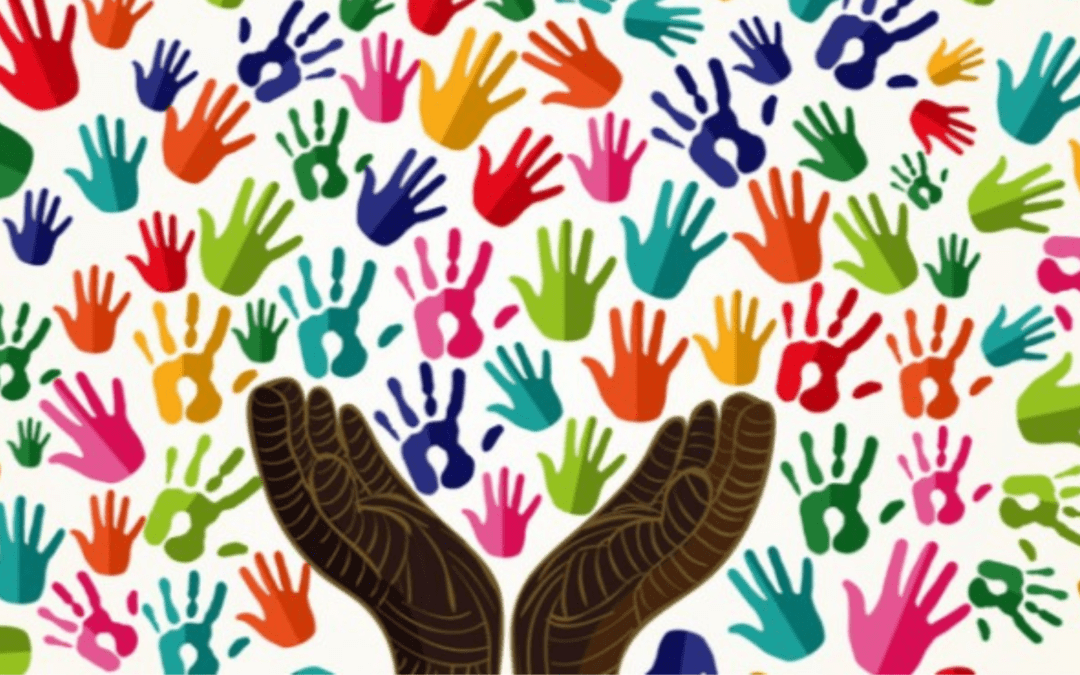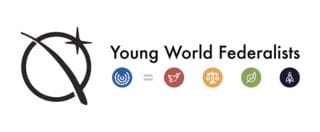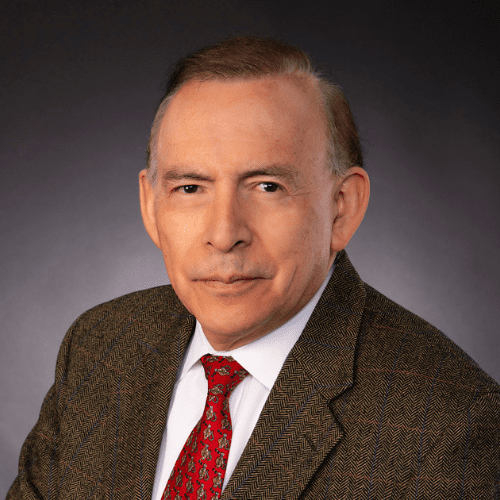
Cultural diversity for dialogue and development: CGS & YWF highlight critical components of an inclusive and sustainable future


Washington, D.C. On May 21, Citizens for Global Solutions (CGS) and Young World Federalists (YWF) joined UNESCO, the UN, and civil society throughout the world in commemorating the World Day for Cultural Diversity for Dialogue and Development. In doing so, we recognize the centrality of the intertwined values of cultural diversity and intercultural dialogue to humanity, as well as their necessity to achieve the Sustainable Development Goals (SDGs) and foster world peace.
Why is it necessary to reflect on and honor Cultural Diversity for Dialogue and Development? Twenty years ago, the UN General Assembly established the World Day for Cultural Diversity for Dialogue and Development (A/RES/57/249). The necessity of recognizing this day is threefold:
First, the ability to practice and thrive in one’s culture is a universal, inalienable, and interdependent human right. Originally enshrined in the core human rights documents, the 2030 Agenda for Sustainable Development now proclaims, “We pledge to foster intercultural understanding, tolerance, mutual respect, and an ethic of global citizenship… and recognize that all cultures and civilizations can contribute to, and are crucial enablers of, sustainable development.” Target 11.4 explicitly states the goal of “strengthen[ing] efforts to protect and safeguard the world’s cultural and natural heritage.”
Second, respect for cultural heritage and intercultural dialogue is essential for peace. According to the UN, 89% of all current conflicts worldwide occur in countries that lack strong intercultural dialogue. Further, “[t]hree-quarters of the world’s major conflicts have a cultural dimension. Bridging the gap between cultures is urgent and necessary for peace, stability and development.”
Third, culture plays a vital role in advancing economic growth and realizing other SDG targets, such as environmental sustainability. According to UNESCO, the specialized UN agency charged with fostering international cooperation regarding scientific, educational, and cultural issues, the creative and cultural fields generate 48 million jobs worldwide (particularly for young people), which account for 6.2% of all employment and 3.1% of global GDP. Regarding environmental targets, as one example, weaving intangible cultural heritage into agricultural and environmental policies can enhance sustainable food production and environmental conservation.
What international mechanisms animate these principles? The United Nations and its entities have furthered several instruments to promote cultural diversity and intercultural dialogue. For example:
- To more effectively analyze the role of cultural diversity in realizing the SDGs and promote its incorporation in national and international development plans, UNESCO created the UNESCO Culture|2030 Indicators framework, which provides an expansive overview of the intersection of cultural heritage and the SDGs.
- To strengthen public awareness of how cultural diversity can advance the SDGs and stimulate international cooperation to embed cultural rights and issues in public policy, UNESCO convened MONDIACULT 2022 conference in Mexico in September 2022. This groundbreaking summit led to the adoption of the “Declaration of Culture,” which identified culture as a “global public good” and called for public policies to protect specific cultural rights such as the right of indigenous communities to preserve their cultural heritage.
- To spur intercultural and interreligious dialogue aimed at reducing discrimination and fostering intercultural solidarity, the UN has advanced initiatives such as the United Nations Alliance Among Civilizations (UNAOC), which organizes activities around the themes of Education, Youth, Migration, Media, and Women as Peace Mediators.
Moreover, there are now true for a for accountability for violations of cultural rights. The International Criminal Court (ICC) recently affirmed the connection between cultural heritage and human rights by convicting the leader of a group who oversaw the destruction of religious and cultural sites and buildings in Timbuktu, Mali, of war crimes. The Mayan Q’eqchi’ community recently took the Guatemalan government to the Inter-American Court of Human Rights, alleging that the government’s approval of mining operations on their territory violated their collective rights to ancestral lands and natural resources.
How can we, as global citizens and world federalists, advance this agenda? One thing is certain; we must act quickly to foster this vital dialogue. As Kofi Annan said, “Without this dialogue taking place every day among all nations – within and between civilizations, cultures and groups – no peace can be lasting and no prosperity can be secure.” How can this vision become reality?
- Proactive government engagement. While the UN must continue to engage, it is also incumbent upon national governments to actively enhance intercultural dialogue. For example, governments at all levels can engage in cultural diplomacy bilaterally with counterparts and through the UN system, drawing on cultural heritage and diversity to enhance mutual understanding and cooperation on such global issues as climate change and conflic A recent high-level forum led to the adoption of the “Roadmap for the International Year of Dialogue as a Guarantee of Peace” a series of events throughout 2023, including multilateral discussions, debates, and youth activities.
- Civil society leadership. Civil society also plays a key role in this respect. For example, civil society can advocate at the ninth session of the Conference of Parties to the Convention on the Protection and Promotion of the Diversity of Cultural Expressions, which will take place from June 6 to 8, 2023, to urge governments to adopt the 2005 Convention that provides a new framework to effectively protect and promote the diversity of cultural expression.
- Intergenerational action. At CGS and YWF, we recognize that promoting, preserving, and protecting cultural diversity and intercultural dialogue is a generational enterprise. World Federalist organizations are putting youth at the center of programming to elevate their voices. Below is a list of several initiatives undertaken by various world federalist organizations:
- World Federalist Movement Canada will hold its 2023 Annual Conference on June 3. For more information about this exciting event and to register, click here.
- Young World Federalists and the Global Federal League will organize a Model World Parliament conference on June 18 to raise awareness of the importance of world federalism and how cultural, national, and linguistic diversity can increase our understanding of the global perspective. More info can be found here.
- Youth Fusion | Citizens for Global Solutions | WFM-IGP will convene a forum on Intergenerational Approaches to Climate & Disarmament on July 13. More information to come and contact outreach@globalsolutions.org
About Citizens for Global Solutions & Young World Federalists
Citizens for Global Solutions (CGS) is a non-governmental, non-profit, non-partisan membership-based organization that for more than 75 years has brought together a diverse collective of individuals and organizations with a common goal of a unified world predicated upon peace, human rights, and the rule of law. From championing ratification of the UN Charter upon our establishment in 1947 to supporting creation of the International Criminal Court (ICC) 25 years ago to advocating for global instruments to confront today’s enduring challenges of war and climate degradation, CGS recognizes that true progress is a generational enterprise. We invite like-minded individuals and organizations to join us in this mission.
Young World Federalists (YWF) is a global movement fighting to give humanity a voice. We envision a sustainable, just, and peaceful world through a democratic world federation. A world run by humanity, for humanity, providing equal opportunity to all on a thriving planet. YWF is currently engaged in a #SaveEarth campaign, which is focused on prosecuting crimes against the environment, taking effective action on climate change, and building a sustainable economy.
Contact: Rebecca Shoot, Executive Director, Citizens for Global Solutions at outreach@globalsolutions.org


























